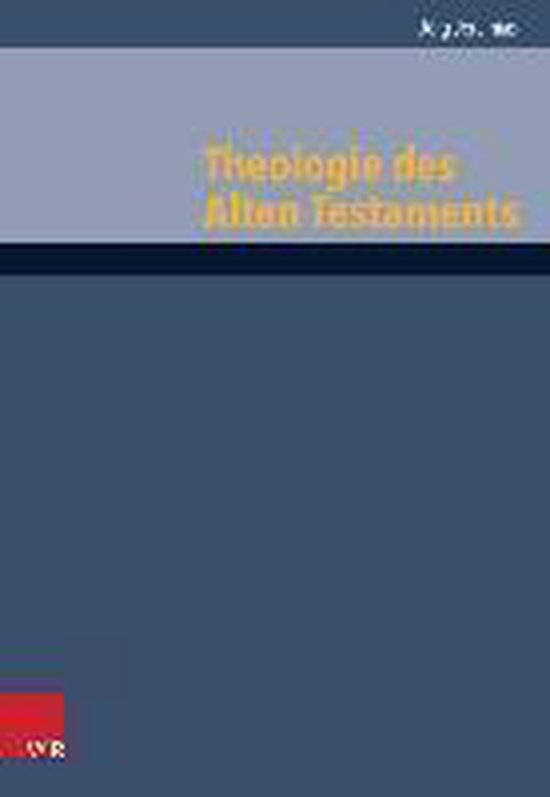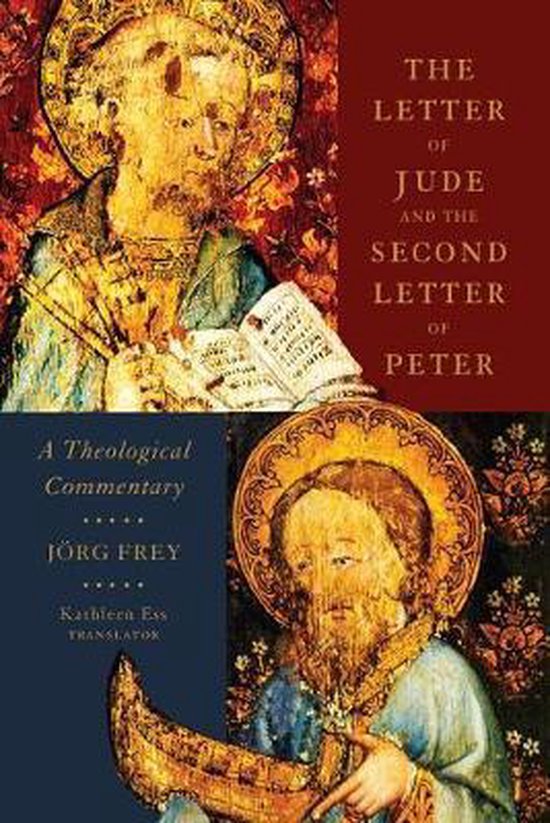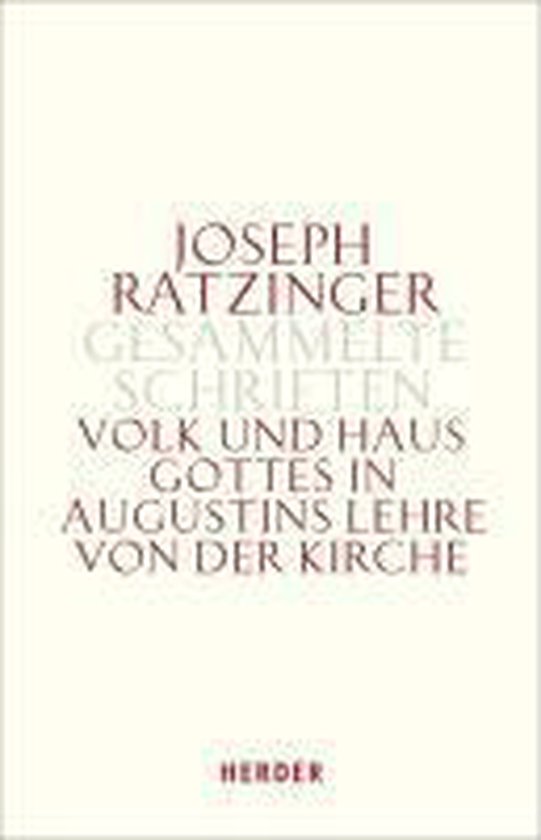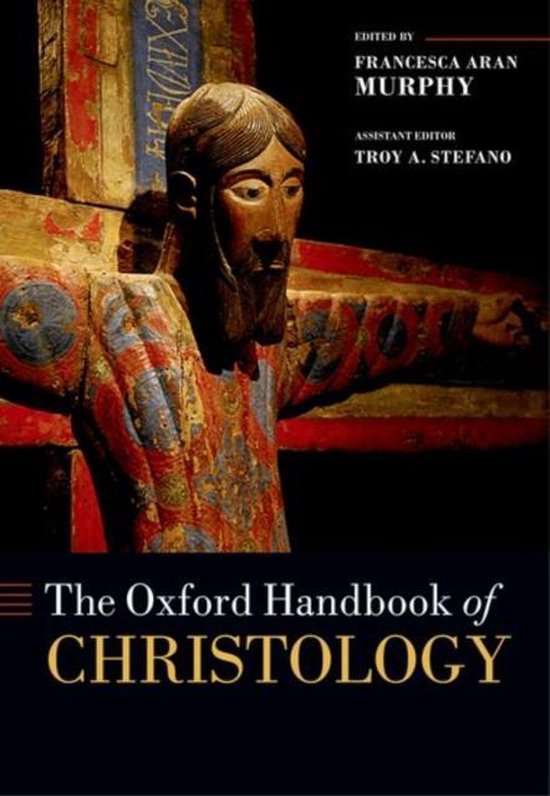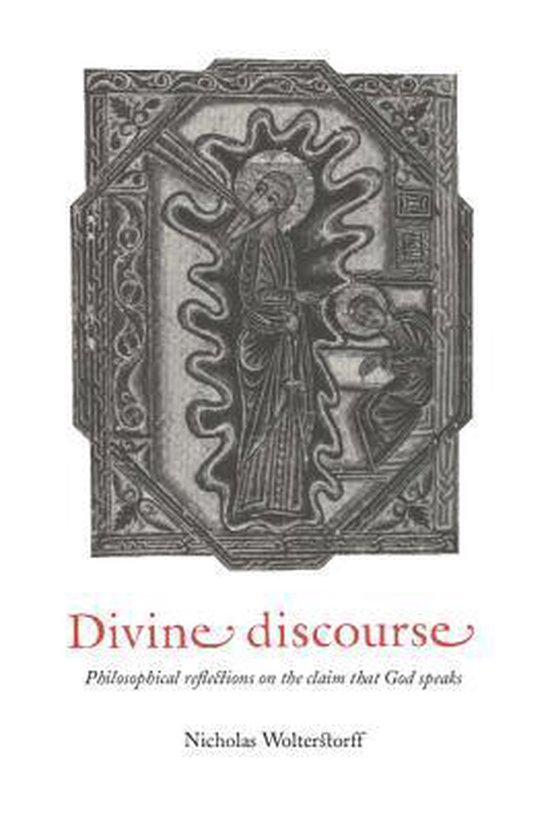
Divine Discourse
A philosopher of religion reflects on one of the central problems of Christian theology.
Prominent in the canonical texts and traditions of Judaism, Christianity, and Islam is the claim that God speaks. Nicholas Wolterstorff argues that contemporary speech-action theory, when appropriately expanded, offers us a fascinating way of interpreting this claim and showing its intelligibility. He develops an innovative theory of double-hermeneutics - along the way opposing the current near-consensus led by Ricoeur and Derrida that there is something wrong-headed about interpreting a text to find out what its author said. Wolterstorff argues that at least some of us are entitled to believe that God has spoken. Philosophers have never before, in any sustained fashion, reflected on these matters, mainly because they have mistakenly treated speech as revelation.
Prominent in the canonical texts and traditions of Judaism, Christianity, and Islam is the claim that God speaks. Nicholas Wolterstorff argues that contemporary speech-action theory, when appropriately expanded, offers us a fascinating way of interpreting this claim and showing its intelligibility. He develops an innovative theory of double-hermeneutics - along the way opposing the current near-consensus led by Ricoeur and Derrida that there is something wrong-headed about interpreting a text to find out what its author said. Wolterstorff argues that at least some of us are entitled to believe that God has spoken. Philosophers have never before, in any sustained fashion, reflected on these matters, mainly because they have mistakenly treated speech as revelation.
| Auteur | | Nicholas Wolterstorff |
| Taal | | Engels |
| Type | | Paperback |
| Categorie | | Religie, Spiritualiteit & Filosofie |
